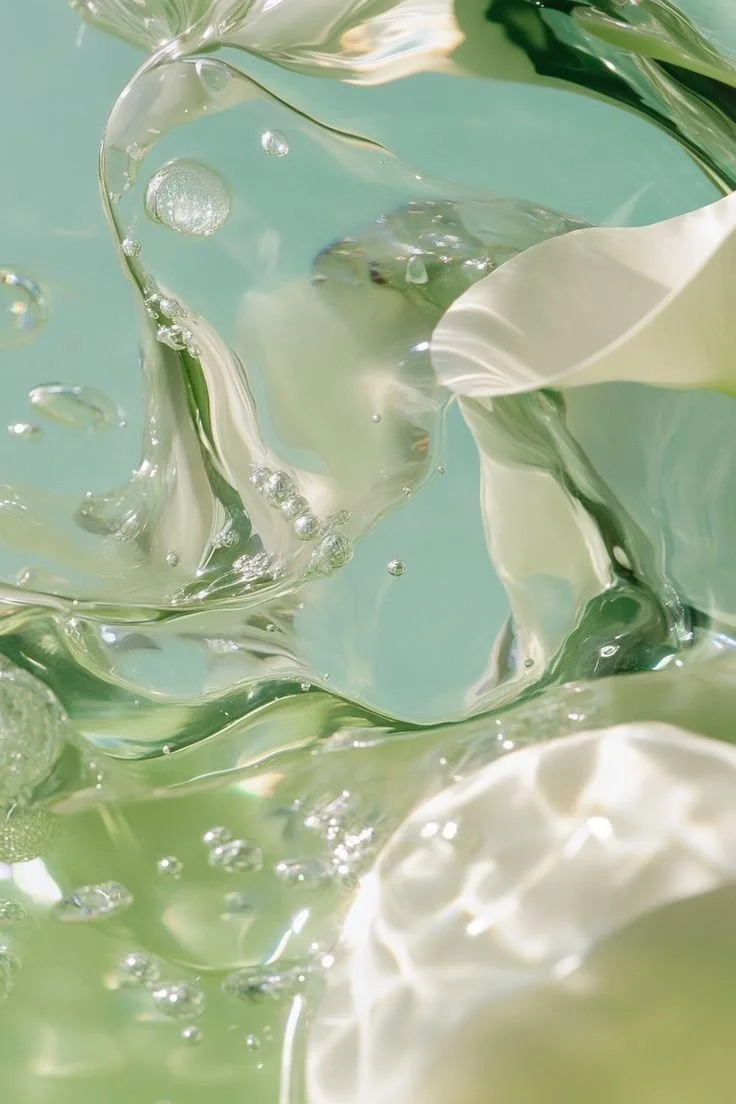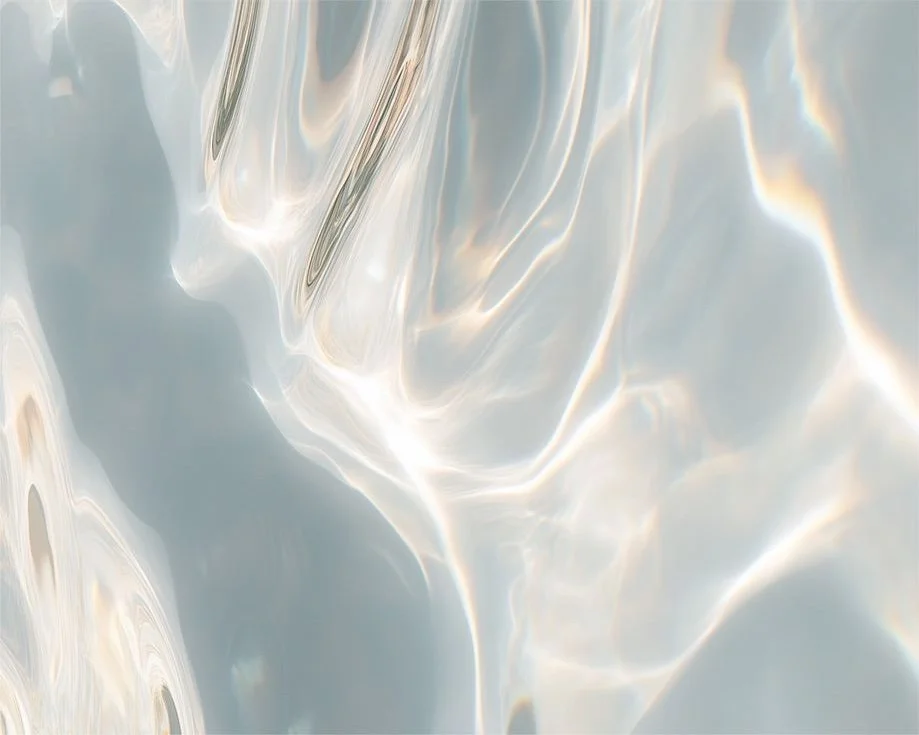Bad-Tasting Water? How Filtration Restores Fresh Drinking Water
/Why Does Water Taste Bad?
Clean drinking water should be refreshing and almost neutral in flavour. Yet many households in Grand Prairie and Dallas notice strange tastes ranging from metallic bitterness to chemical or sulfur-like notes. These taste problems are not only unpleasant but also confusing, especially when they appear suddenly after changing a filter.
The reason is simple: water is a solvent. As it travels through soil, rock, pipes, tanks, and treatment systems, it dissolves minerals, gases, and even traces of chemicals. While most of these substances are not harmful at drinking-water levels, they can give water an off-putting taste. That’s why so many people search for water taste bad filtration solutions, because the right system can transform tap water into something clean, safe, and pleasant to drink.
Water Tastes Bad After Filter Change
Many homeowners are surprised to discover that water tastes bad after changingthe filter. Since filters are meant to improve taste, a sudden bad flavour can be worrying.
The main cause is residual dust or particles from the new filter itself. For example, carbon filters often release fine carbon dust into the first few litres of water. If the system is not flushed properly, this dust may create a bitter or chalky taste. Incorrect installation can also allow water to bypass the filter and carry sediments from pipes.
In most cases, running the tap for a few minutes clears the issue. If the taste persists, the filter may be defective, or you may have purchased the wrong replacement type for your system.
Why Does My Water Filter Taste Weird?
Many people ask, “Why does my water filter taste weird?” when their filtered water seems off. This can happen for a few reasons:
The filter has reached the end of its lifespan and is no longer trapping contaminants.
Bacteria have started growing inside the filter housing, causing musty flavours.
The water supply contains compounds like sulfur or sodium that the filter isn’t designed to remove.
In Dallas, this is particularly common when households use simple pitcher filters to deal with chlorine-heavy water. The filter may improve taste for a while, but once saturated, it can make water taste worse instead of better.
Why Does My Water Taste Bad After Changing the Filter?
A related issue is when water tastes bad after replacing the filter. Sometimes, the new filter removes chlorine or minerals that previously masked other tastes. For example, chlorine in city water can cover up mild metallic or musty notes. Once it’s gone, the underlying flavour becomes noticeable.
This leads to another common question: “Does a water filter change the taste of water?” The answer is yes. Filters do more than just remove bad flavours, they actively change the taste of water by stripping away chemicals, gases, and minerals. In some cases, the new taste may take time to get used to, especially with reverse osmosis (RO) systems that produce extremely pure water.
Water Tastes Bad With New Filter
If your water tastes bad with the new filter, it can feel frustrating. The most common explanation is residual manufacturing material, such as carbon dust. A proper flush usually clears this out.
But sometimes, the issue lies in the water itself. Dallas municipal water contains chlorine and chloramine, both of which leave noticeable tastes that not all filters can remove. Grand Prairie homes with wells often face hydrogen sulfide or iron problems, which require specialty filters. Installing the wrong filter for your water conditions can leave you with the same unpleasant taste, even after replacement.
Does a Water Filter Remove Bad Taste?
Yes, but only when the filter matches the problem. For example:
Activated carbon filters remove chlorine, pesticides, and organic compounds that cause chemical or musty flavours.
Reverse osmosis systems remove salts, metals, and dissolved gases that lead to salty, metallic, or sulfur-like tastes.
Sulfur and iron filters are designed for well water with rotten egg or metallic notes.
If your water source contains contaminants outside the filter’s capabilities, you’ll still experience unpleasant flavours. This is why water testing is so important before investing in filtration.
Is Water Tasteless After Filtration?
Some households wonder, “Is water tasteless after filtration?” The answer depends on the system. Reverse osmosis, for example, removes nearly all dissolved solids, leaving water extremely pure but also flat or bland to some drinkers.
To address this, many RO systems now include remineralisation filters that add back small amounts of calcium and magnesium. This improves flavour and provides essential minerals, giving the water a more natural profile while keeping it clean.
Water Tastes Bad After Replacing the Filter
When water tastes bad after replacing the filter, it is usually temporary. The new filter may need conditioning, or the system may need flushing to remove air bubbles and trapped dust. If the taste doesn’t improve after a few gallons, check for:
Wrong filter size or model.
Contamination in the filter housing.
Underlying water quality issues are not addressed by the filter.
Sometimes the filter itself is not the culprit; the plumbing, water heater, or even the municipal supply may be responsible.
Local Taste Challenges in Grand Prairie and Dallas
Understanding local water conditions helps explain why many households in North Texas struggle with taste problems.
Dallas city water is treated with chlorine and chloramine, which protect public health but leave strong chemical tastes.
Grand Prairie wells often produce sulfur or mineral-heavy water that tastes salty, metallic, or rotten egg-like.
Older neighbourhoods may have pipes that leach copper, zinc, or even lead, contributing to bitterness or metallic notes.
Because each source has different challenges, one-size-fits-all filters rarely work. Customised solutions based on testing deliver the best results.
Filtration Options for Better-Tasting Water
Activated Carbon Filtration
Ideal for city water, carbon filters remove chlorine, chloramine, and organic compounds. They are affordable, effective, and commonly installed under sinks or in whole-house systems.
Reverse Osmosis (RO)
RO provides some of the purest water possible, removing up to 99% of dissolved solids. It is the gold standard for salty, metallic, or bitter water. However, some people find RO water too flat unless remineralisation is added.
Specialty Filters
Well water users often need dedicated sulfur and iron filters to treat hydrogen sulfide gas and metallic tastes. These systems oxidise and trap the compounds before they reach your tap.
Whole-House Systems
For families dealing with multiple taste issues, whole-home systems combine carbon, RO, and specialty filters. This ensures fresh, great-tasting water at every tap, not just in the kitchen.
Big Power Water Co. - Local Filtration Experts
At Big Power Water Co., we specialise in helping households across Grand Prairie and Dallas solve bad-tasting water problems with the right filtration systems. Our services include:
Professional water testing to identify chlorine, metals, sulfur, or salts affecting taste.
Carbon filtration to treat chemical tastes from municipal supplies.
Reverse osmosis systems for clean, pure, and safe drinking water.
Well water treatment with sulfur and iron filters to remove rotten egg and metallic flavours.
Whole-house filtration so every tap delivers fresh water.
Whether your issue is water tastes bad after filter change, why does my water filter taste weird, or water tastes bad with a new filter, our team provides tailored solutions that last.
Contact Big Power Water Co. today to schedule a consultation and discover how we can restore clean, refreshing water to your home.



